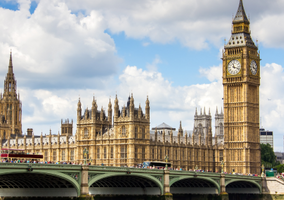Most Black and ethnic minoritised-led charities and social enterprises believe they have been refused finance because of their race or ethnicity, according to new research.
In response to Pathway Fund’s survey of 1,000 Black and ethnic minoritised-led organisations, 76% reported having funding rejected because of their race or ethnicity.
Moreover, 55% of respondents said they would not trust and approach social investors.
Pathway Fund is set to open a £1m programme, funded by the government’s dormant assets scheme, to support 31 Black and ethnic minoritised-led charities and social enterprises in England through the cost-of-living crisis.
Three types of grants will be available: for enterprise development (up to £15,000), investment readiness (up to £30,000) and blended (up to £40,000 blended alongside a loan).
It is being launched in partnership with social investment foundation Access, social entrepreneur support organisation Do it Now Now, and learning disability social enterprise Inclusive North.
Pathway and the partner organisations will be sharing the call for applications across networks later this year.
Applications will then be shortlisted, before going to a selection panel, which will include selectors who have lived experience of the issues that they are deciding upon.
The organisation will be using the DEI Data Standard when defining Black and ethnic minoritised-led organisations.
‘Systematic obstacles in accessing mainstream financial support’
Dilys Winterkorn, project director at Pathway Fund, said: “Black and ethnic minoritised-led organisations are suffering an extra blow from the crisis of the cost-of-living since it worsens economic gaps and threatens their survival.
“Existing economic disparities are being intensified by the rising cost of living; this threatens the sustainability of many Black and ethnic minoritised-led organisations – like those supported by this programme – and consequently, adversely affects Black and ethnic minoritised-led institutions, too.
“These groups represent a lifeline for our society as they provide crucial services, assistance, and advocacy, for the communities that they represent.
“Many of these Black and ethnic minoritised-led organisations mostly work with little to no budget and face systematic obstacles in accessing mainstream financial support.
“It’s vital that we secure adequate funding to enable these organisations to continue their work.
“They can only overcome the present economic challenges with responsive financial support – to build resilience and enhance community development and empowerment.”
Related Articles












